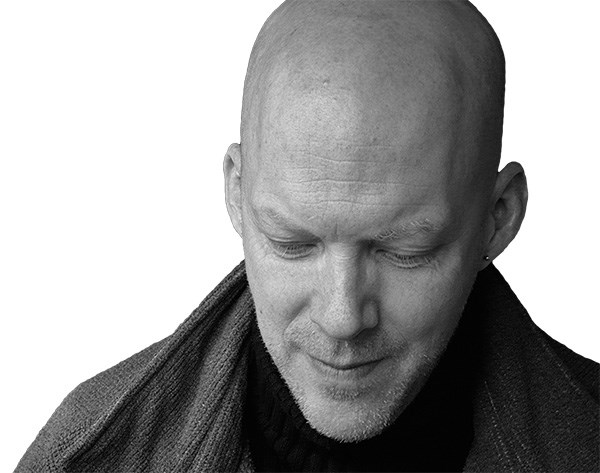Our society is in a bit of a mess. The diagnosing of the situation is a tricky and complex affair, but one thing is clear. For its part, politics is a dirty affair.
Aspiring politics, as democracy, has ancient origins, perhaps going back more than 4,000 years. Here’s a snappy definition: “Democracy commonly refers to a type of political system in which the people or their representatives lawfully govern themselves, rather than being governed, say, by a military dictatorship, totalitarian party or monarch.” (John Keane)
We all know, however, that it has been a drawn out and bloody battle to determine what form this democracy should take, and then to defend it from those intent on crippling it. It continues to morph and change.
One of the most important changes was rather recent. In the early 1900s, a new phenomenon began, one unprecedented in human history: the growth of corporate power. With fervent, usually unbridled, amassing of money by new corporations, it was quickly understood that our government would have to balance power by standing between the corporation and citizens.
If you were aggressed by a multi-billion-dollar corporation, what chance would you stand fighting them in court? If a corporation wants to violate your fundamental rights, how would you defend yourself? Laws and regulations were soon put in place to try to protect ordinary people from these very powerful – and moneyed – corporations.
At the same time, the corporation has been doing everything in its power to remove our government’s role as a counterbalance.
A few years ago Joel Bakan wrote the seminal study, The Corporation– The Pathological Pursuit of Profit and Power. The book was turned into a must-see documentary.
The main thesis of Bakan’s study was, given that courts determined a corporation as “person,” how should we understand this “person”? What kind of persons are they? Nice guys? The kind of dude you want to have a beer with after work? Hmm. Maybe you find such people interesting dinner conversationalists. Fair enough, then how about someone you like so much, you’d ask them to watch the kiddies when you and the wife go out for dinner? There’s the test, right?
Here’s Bakan’s diagnosis:
“The corporation's legally defined mandate is to pursue relentlessly and without exception its own economic self-interest, regardless of the harmful consequences it might cause to others.
“The corporation's unbridled self-interest victimizes individuals, society, and, when it goes awry, even shareholders and can cause corporations to self-destruct, as recent Wall Street scandals reveal.
“While corporate social responsibility in some instances does much good, it is often merely a token gesture, serving to mask the corporation's true character.
“Governments have abdicated much of their control over the corporation, despite its flawed character, by freeing it from legal constraints through deregulation and by granting it ever greater authority over society through privatization.”
What a neighbour, eh? Balkan’s point is: If a real human being acted this way, we’d diagnose him or her as pathological. Hence the need for our governments to protect us from such “persons,” corporate or actual.
Trouble is, especially in the past decade or so, we’ve seen our politicians themselves siding with corporations instead of the very actual citizens who elected them to power. Worse, this is not only happening at the federal and provincial levels of government, but it has infiltrated our municipal governments too.
And when these corporations quietly talk to our politicians, transparency and immediate disclosure to us – those who elected them – is of paramount importance. If it doesn’t happen – if citizens aren’t given full disclosure about what their elected representatives are doing behind closed doors – then a radical violation of our fundamental democratic principles have been violated.
The lesson? Squamish just had an election. Change did happen. We have a new mayor and some new councillors. Whether or not you believe it, some pegged it at as referendum about the proposed Woodfibre liquefied natural gas (LNG) plant.
Unfortunately, councillor Doug Race stated after our election, “It would be a shame if people were voting on that (LNG) issue."
No sir. You are quite mistaken. It’s those who discourage others from their democratic duty, along with those who don’t vote in a democracy, who need to think about shame.
It’s never shameful for people to vote for an issue they think strikes at the heart of democracy, even at a municipal level. The weight of history and conscience are on their side.



